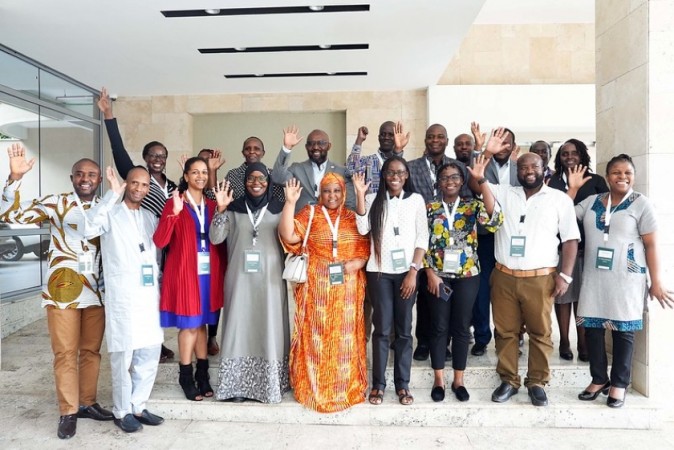
The Science for Africa Foundation (SFA Foundation), propelled by a generous grant from the Carnegie Corporation of New York, has unveiled the identities of 12 African researchers who have been chosen to receive esteemed postdoctoral fellowships in the realm of social sciences and humanities (SSH) across Africa.
This groundbreaking initiative, an integral component of the SFA Foundation's Preparing Outstanding Social Science Investigators to Benefit Lives and Environments in Africa Programme (POSSIBLE-Africa), represents a substantial investment of $780,000. The primary objective is to cultivate evidence production that can effectively inform sustainable development endeavours across the continent.
POSSIBLE-Africa, spanning two years, seeks to bolster research in SSH fields throughout Africa. The 12 selected fellows, originating from Ghana (2), Nigeria (3), Mali (1), Tanzania (1), and Uganda (5), will each receive funding of up to USD 65,000. This financial backing aims to fortify their research endeavours and nurture them into internationally competitive leaders in social sciences and humanities research within Africa.
Beyond financial support, the initiative will provide capacity-building opportunities to empower the fellows and catalyze transformative change in SSH capacity development across the continent. The fellows are slated to undergo an extensive 12-week formal research capacity development program, spearheaded by the African Population and Health Research Center (APHRC). This program will employ a hybrid approach, integrating virtual training, mentoring, peer collaboration, and a two-week in-person Summer School.
During the Summer School, fellows will present their research topics and receive training in research design, planning, scientific writing, and publishing. Subsequent virtual courses will cover modules such as curriculum development, grant proposal writing, and mentoring. This comprehensive approach underscores the SFA Foundation's commitment to nurturing global science leaders and fostering excellence in SSH research outputs, while concurrently cultivating a critical mass of SSH leaders across Africa.
Salome Wawire, Senior Programme Officer for POSSIBLE Africa, underscored the significance of investing in African-led research as a catalyst for inclusive development. She emphasized the importance of amplifying diverse voices and perspectives to enrich scholarly discourse and drive positive change across the continent.
The initiative addresses a crucial gap in research capacity building in Africa, particularly in the SSH fields, which have historically received less attention compared to biomedical and health sciences. Despite facing challenges such as limited funding opportunities, lack of recognition, and data accessibility issues, SSH scholars in Africa have demonstrated remarkable productivity.
Dr. Samba Diarra, a recipient of the fellowship and a researcher at the University of Sciences, Techniques and Technologies of Bamako, Mali, expressed gratitude for the transformative impact of the grant on his research. He emphasized the potential of the resources and support provided to address pressing societal issues and drive meaningful change within his community.
Representing a diverse array of research interests, the 12 fellows are poised to embark on their respective research journeys. Their projects span a wide spectrum of topics, including mental health, conflict resolution, climate change adaptation, and cultural heritage preservation, among others. These scholars, through their innovative research initiatives, are expected to contribute significantly to the advancement of knowledge and the betterment of African societies.
Through initiatives like POSSIBLE-Africa, the SFA Foundation and its partners are paving the way for a new generation of African scholars and researchers equipped with the skills and resources necessary to address the continent's most pressing challenges and drive sustainable development.
Article by RB Reporter
Photo/SFA

Comment